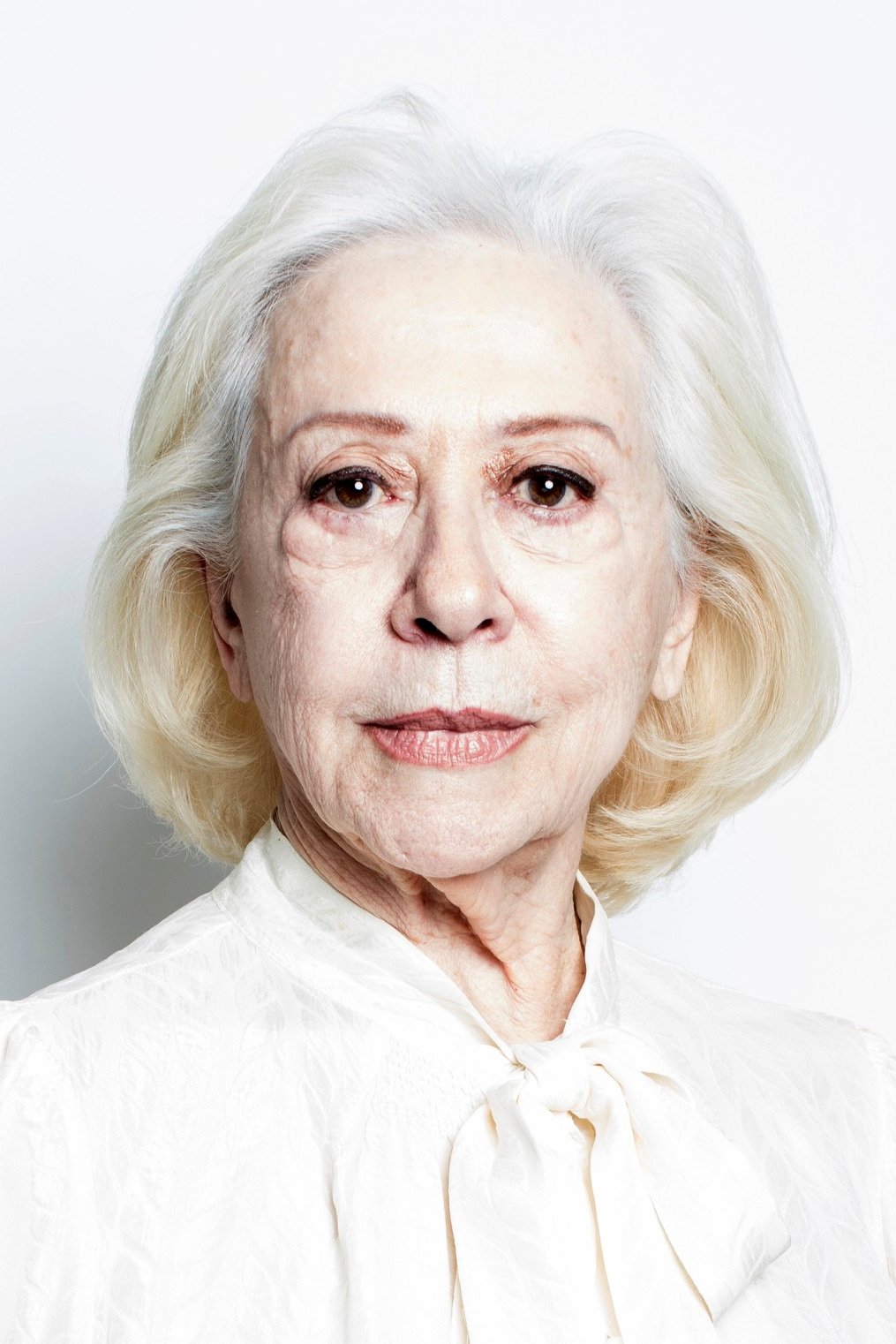

Milton Nascimento is a singer, a songwriter and a connoisseur of multiple instruments. Music is at the core of his being. He is also considered one of the most important Brazilian artists in its history, with musical partnerships (and friendships) with all of Brazil’s greats, and several Grammys to his name. The artist’s history and legacy are explored in this film, whose starting point is Nascimento’s farewell tour.
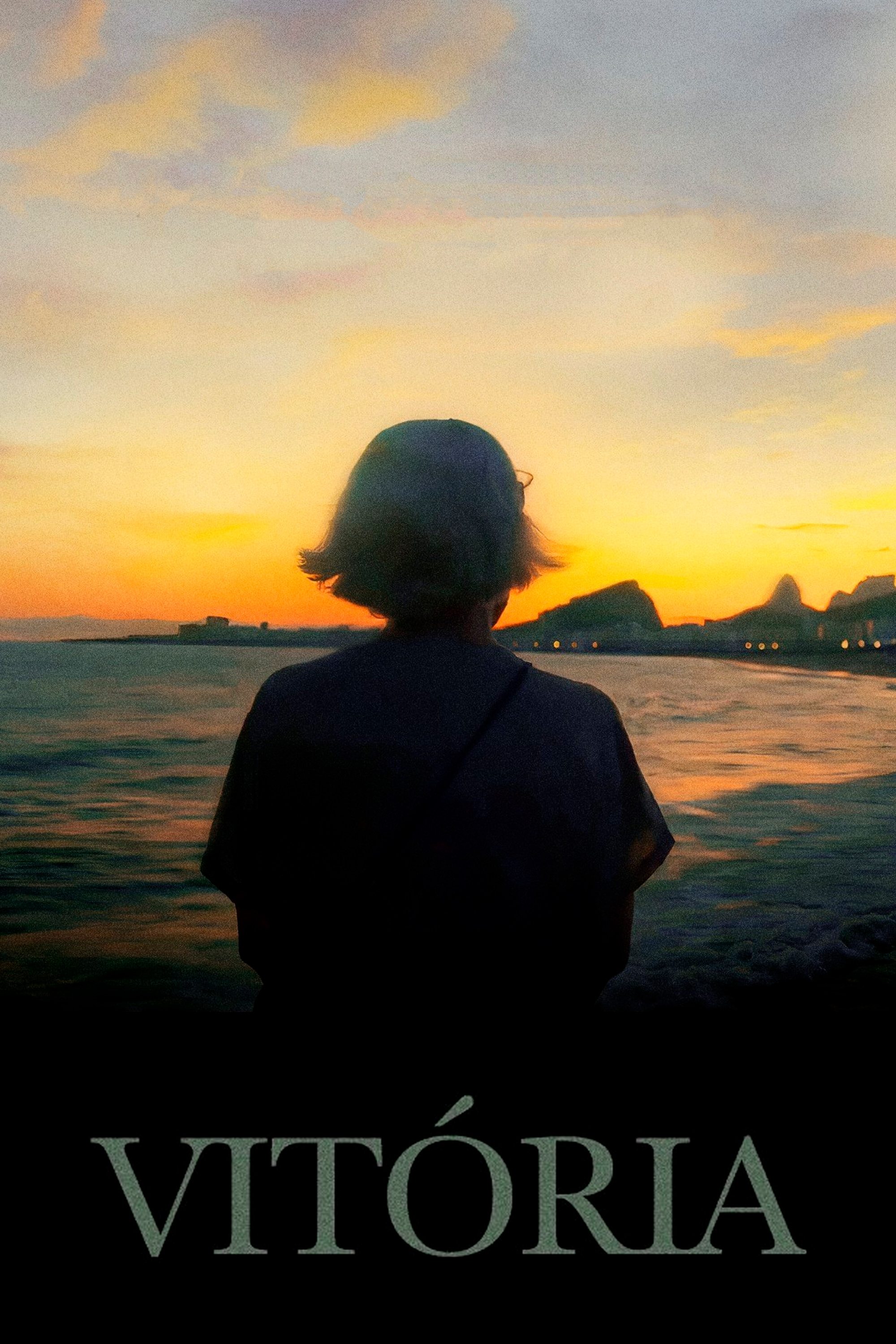
Vitória is an elderly woman who lives alone and feels distressed by the increasing violence in her neighborhood. Amid conflicts with her neighbors, she decides to film the movement of drug traffickers from her window, hoping to assist the police. After months of recording suspicious activities, her initiative attracts the attention of a journalist, who approaches Nina and offers to support her in her mission.
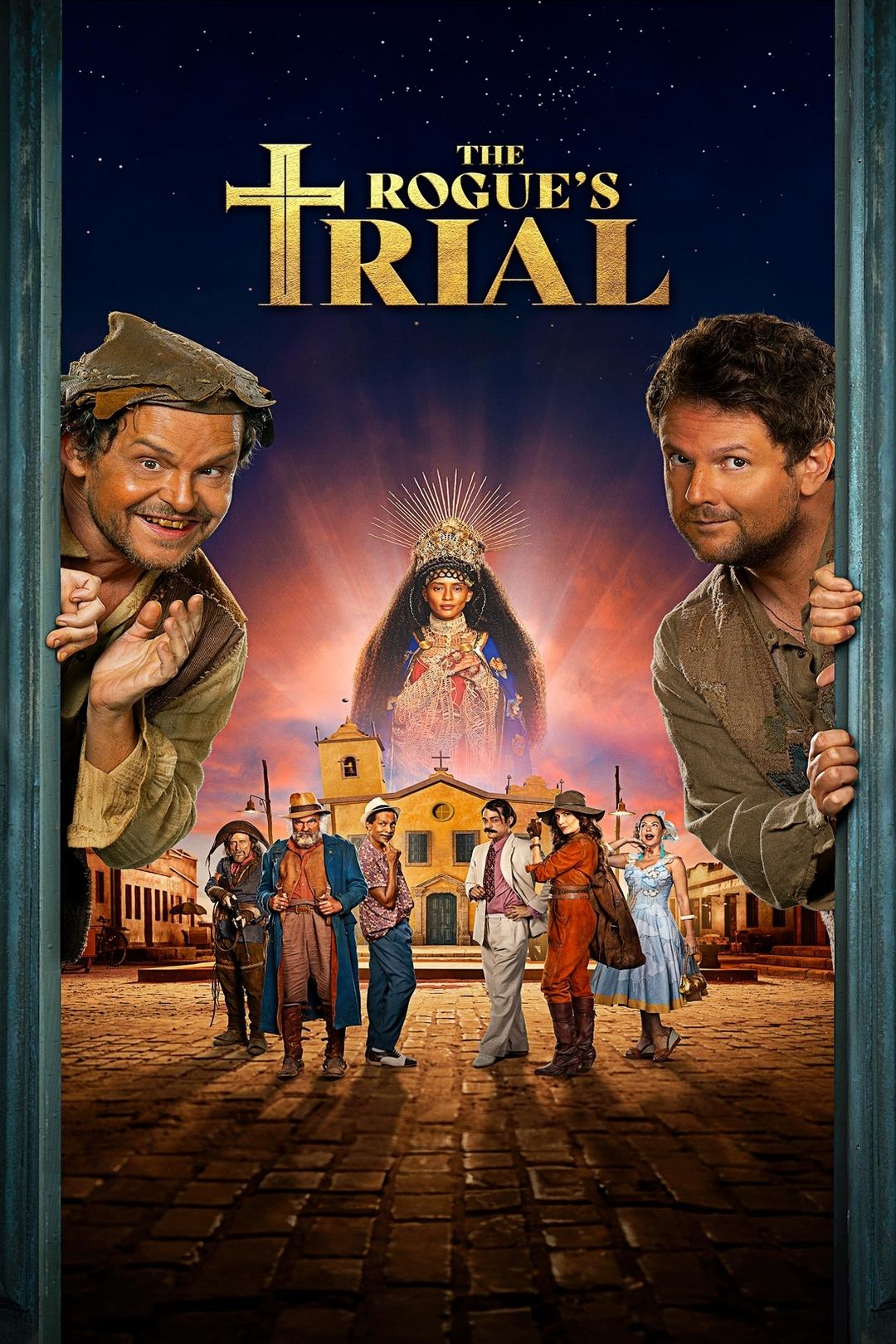
After 20 years missing, João Grilo returns to Taperoá to join his old friend Chicó and, after his story of resurrection spreads, he is disputed as an electoral candidate by the two most powerful politicians in the city.

Fernanda Montenegro opens the doors of her home and recalls remarkable stories, from more modest productions to the Oscar ceremony, in the company of her daughter, actress Fernanda Torres.

In 1971, military dictatorship in Brazil reaches its height. The Paiva family — Rubens, Eunice, and their five children — live in a beachside house in Rio, open to all their friends. One day, Rubens is taken for questioning and does not return.
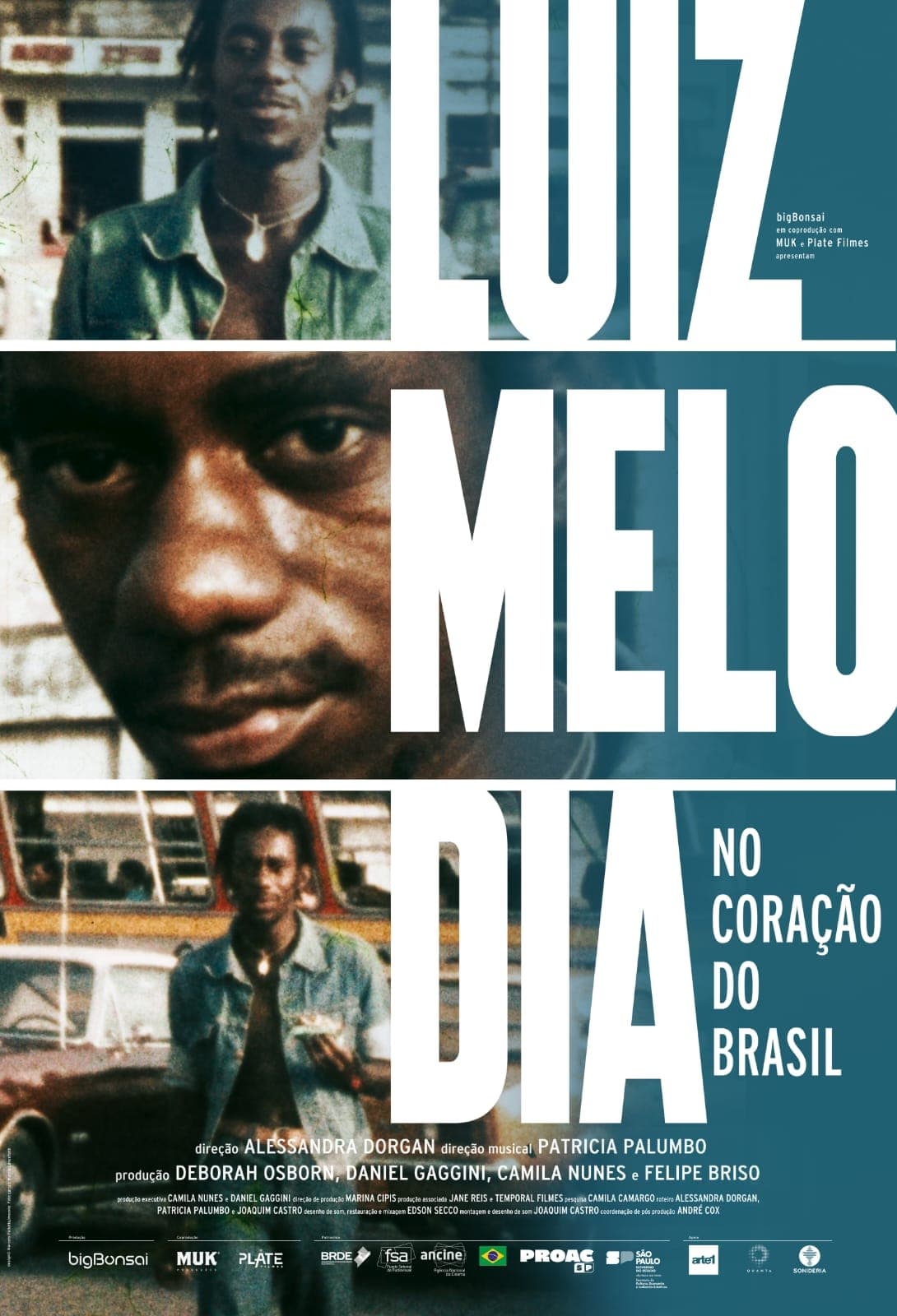
A sound and visual journey that portrays the life and work of singer and composer Luiz Melodia. The Poet of Estácio himself tells us, in the first person, his trajectory as a black boy born on the hill until his transformation into one of the greatest artists in the history of MPB. The film also features an unpublished collection made available by Jane Reis, his wife and businesswoman.
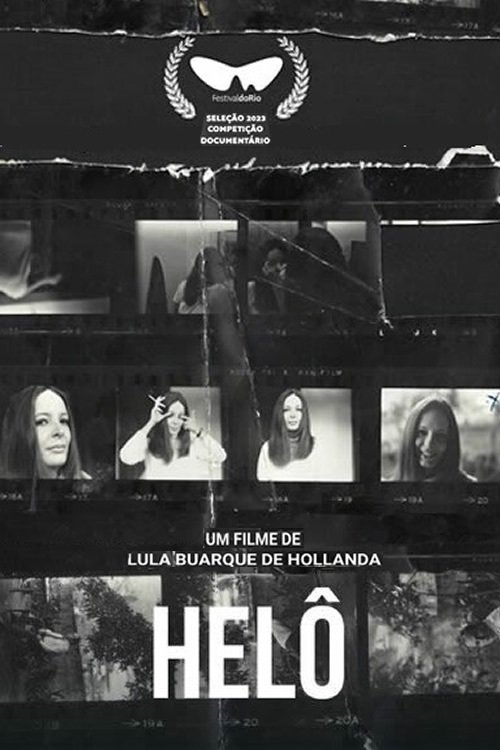
Considered one of the main Brazilian intellectuals, Heloisa Buarque de Hollanda — a member of the Brazilian Academy of Letters — left important marks on national thought and continues to be, at 84 years old, an active voice on the country's cultural and behavioral issues. The documentary sheds light on the trajectory of this icon who has always been at the forefront, serving as an antenna and beacon for cultural and social movements that are to come, while delving into Heloisa's intimacy thanks to the access of her eldest son, director Lula Buarque de Hollanda.
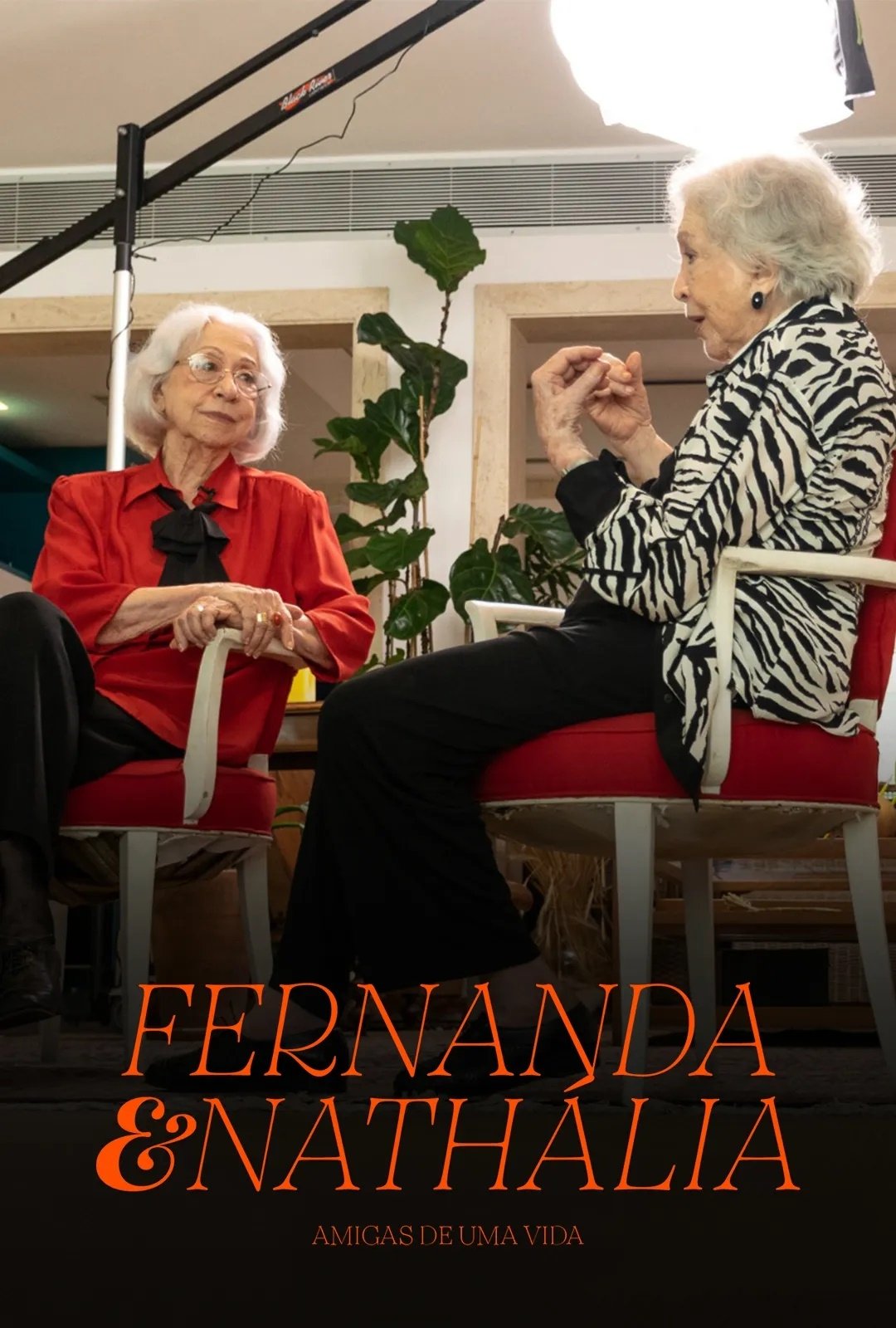

The film is an unprecedented and exclusive testimonial of Maria Bethânia from director and screenwriter Carlos Jardim, interspersed with rare footage of rehearsals and concerts by the singer throughout her 57-year career. Actress Fernanda Montenegro narrates five texts by authors such as Ferreira Gullar and Caio Fernando Abreu about Bethânia's importance on the Brazilian cultural scene.
Arlette Pinheiro Monteiro Torres CRB • GCONM • COCS • OMC (Rio de Janeiro, October 16, 1929), better known as Fernanda Montenegro, is a Brazilian actress and writer. She is often referred to as "the grand dame of Brazilian dramaturgy" and "the greatest actress in the history of Brazil" for her extensive work in cinema, theater and television. Internationally recognized, Fernanda was the first Brazilian to win the International Emmy in the best actress category for her performance in Doce de Mãe (2013), in addition to winning a Silver Bear at the Berlin Film Festival and receiving nominations for Golden Globe and Academy Award for best actress for her work in Central do Brasil (1998), being the first Latin American, Portuguese-speaking and Brazilian woman to be nominated in this category.
By browsing this website, you accept our cookies policy.